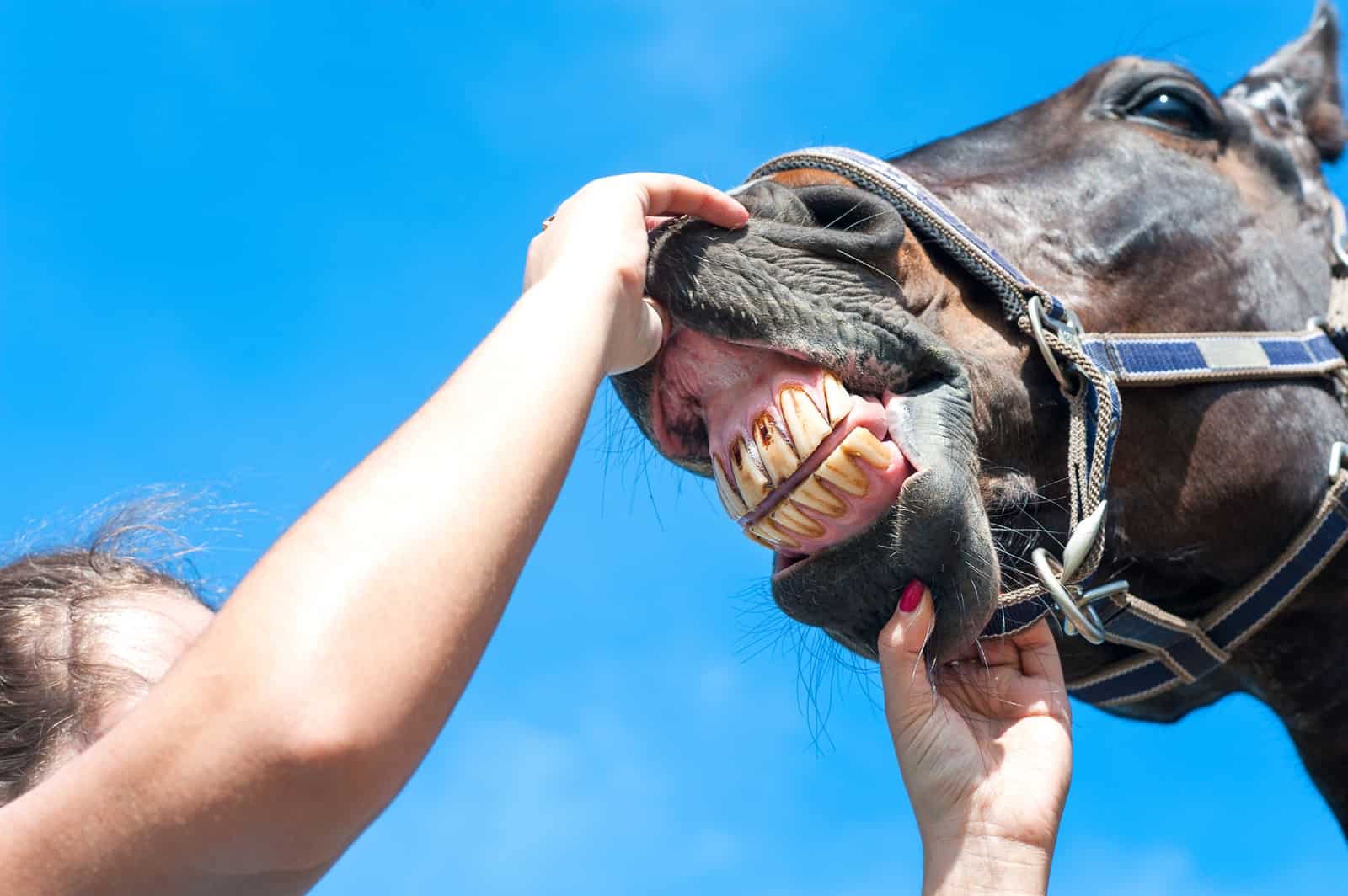The Unique Equine Gingiva: Special Gums for Special Teeth
- Topics: Dental Problems, Dentistry, Horse Care, Nutrition

Horses have horse teeth. Not human teeth. Not dog teeth. Not cat teeth, or any other kind of commonly studied teeth in veterinary medicine.
As such, they also have their own special, disease-prone gingiva—or gums. Because equine dental anatomy and issues are unique to horses, they deserve special scientific analyses as well as consideration at home, said a German research team.
Brachydonts vs. Hypsodonts
“For a long time it’s been assumed that the anatomy and histology of the equine gingiva and of other periodontal components are similar or even the same as already described in brachydont species like dog and man,” said Saskia Steinfort, DrMedVet, of the Institute of Veterinary-Anatomy, Histology and Embryology in the Faculty of Veterinary Medicine at Justus Liebig University, in Giessen, Germany
Create a free account with TheHorse.com to view this content.
TheHorse.com is home to thousands of free articles about horse health care. In order to access some of our exclusive free content, you must be signed into TheHorse.com.
Start your free account today!
Already have an account?
and continue reading.

Written by:
Christa Lesté-Lasserre, MA
Related Articles
Stay on top of the most recent Horse Health news with












